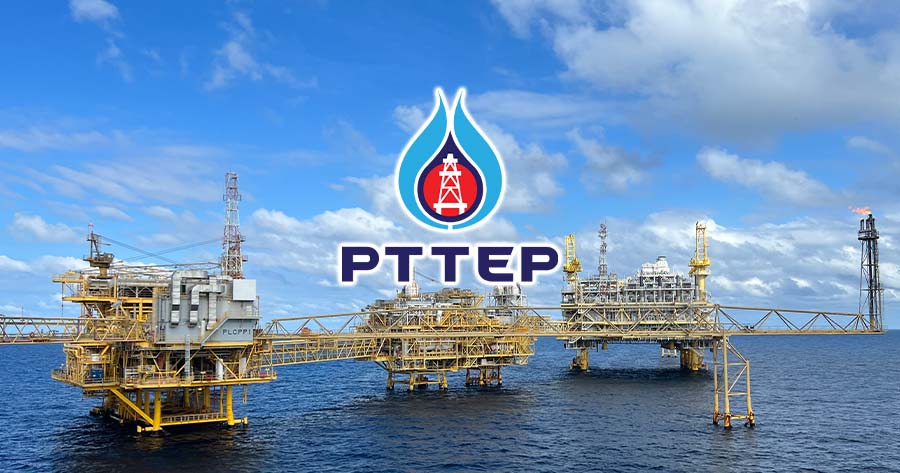Montri Rawanchaikul, Chief Executive Officer of PTT Exploration and Production Public Company Limited (SET: PTTEP), assured that despite the earthquake that occurred on March 28, 2025, centered in Myanmar, PTTEP’s gas production platforms in both the Gulf of Thailand and the Gulf of Martaban in Myanmar remain fully operational. This ensures continuous energy supply amidst the current scenario.
Energy security for Thailand is bolstered by the gas production in Myanmar, even as the country currently imports about 40% of its LNG needs, while producing around 60% domestically. Currently, approximately 15% of gas imports come from Myanmar, with the remainder from the Joint Development Area (JDA).
In Myanmar, gas production from the Yadana and Zawtika fields supplies about 50% of Myanmar’s gas demand, which addresses humanitarian needs as well. Consequently, PTTEP continues to focus on expanding its investments in these fields to ensure national energy security.
For 2025, PTTEP has allocated a total investment budget of $7,819 million, equivalent to approximately THB 261,940 million, which comprises $5,299 million in capital expenditure and $2,520 million in operating expenditure.
Moreover, the company progresses with its 5-year investment plan (2025-2029), which entails a total expenditure of $33,587 million, split into $21,249 million in CAPEX and $12,338 million in OPEX.
Additionally, an extra budget of $1,747 million is reserved over the five years to support expansions in offshore wind energy businesses, Carbon Capture and Storage (CCS) as a Service, hydrogen fuel, and investments in businesses and technology through subsidiaries established for Corporate Venture Capital (CVC).
All these efforts align with the company’s strategy to transition toward becoming a low-carbon organization in the future.
Simultaneously, PTTEP is advancing the development of carbon capture and storage projects, specifically the Arthit CCS Project in the Gulf of Thailand, operated by PTTEP.
Having completed the Front-End Engineering Design (FEED), the project expects to lower CO2 emissions by approximately 700,000–1,000,000 tons per year. Currently, the project is in the phase of reviewing construction bid prices, with a Final Investment Decision (FID) anticipated by mid-2025.
Furthermore, PTTEP is conducting a feasibility study for the Eastern Thailand CCS Hub, focusing on applying CCS technology in PTT Group’s operational areas in Rayong and Chonburi provinces. This aims to reduce greenhouse gas emissions in PTT Group industries and neighboring sectors.
The project is under the regulatory study phase and requires further governmental support. However, PTTEP’s CCS initiatives need to demonstrate financial viability to proceed with investments.





